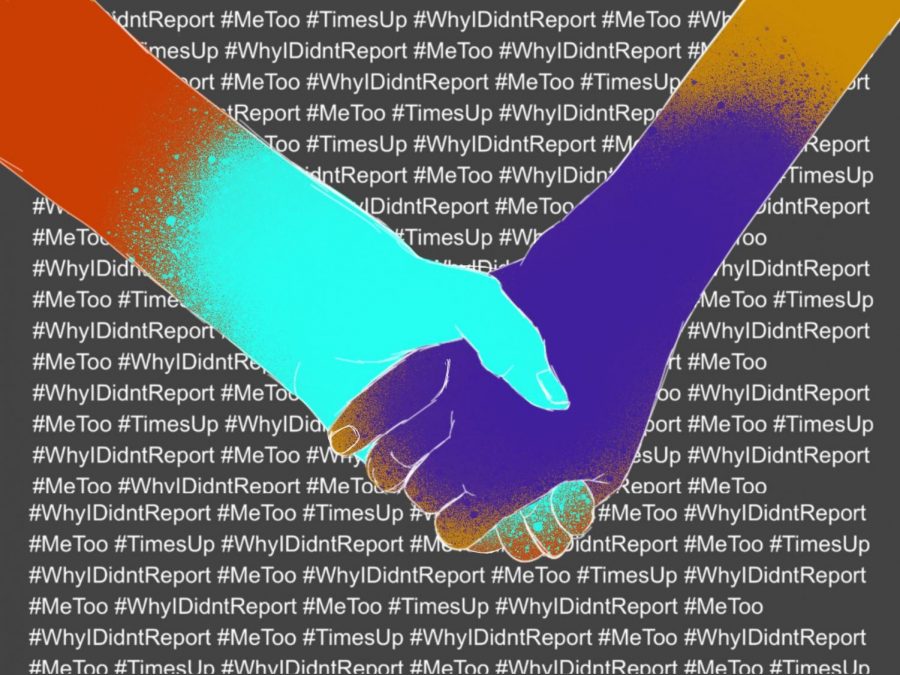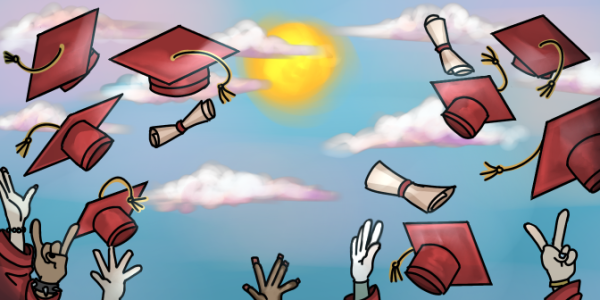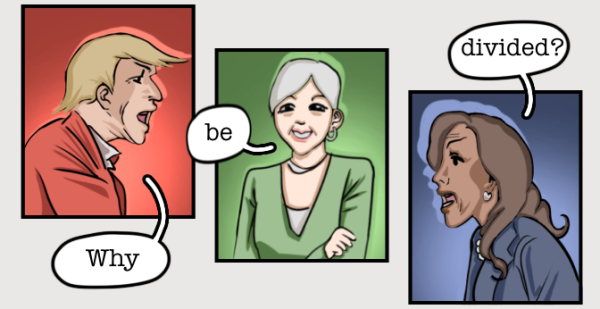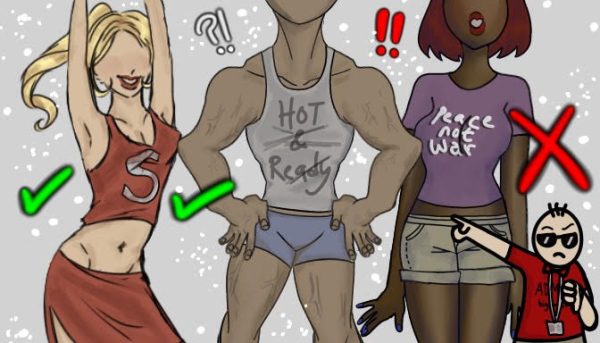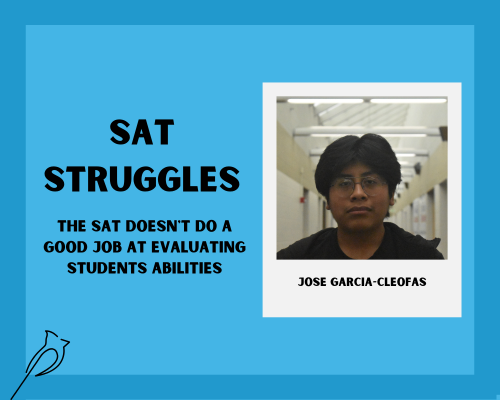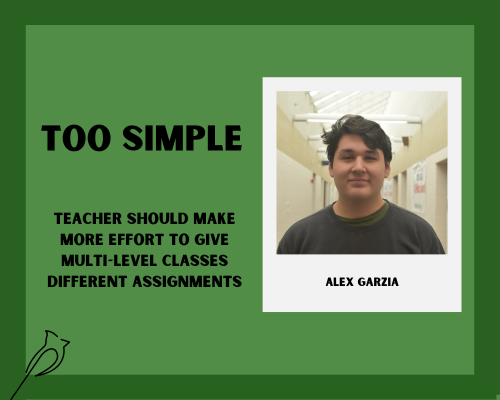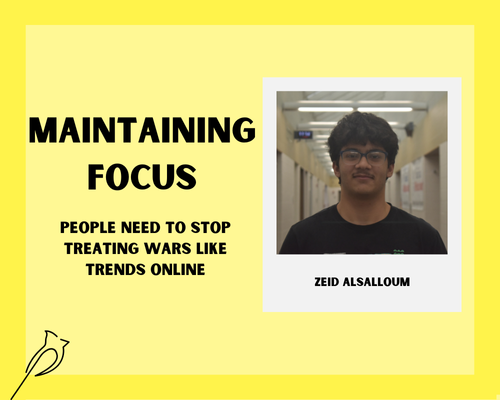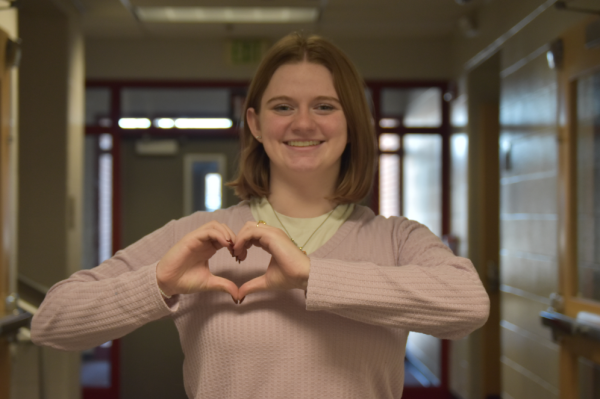The Journal Address
Victim blaming must come to an end
Supreme Court nominee Brett Kavanaugh was accused of sexual assault by Dr. Christine Blasey Ford on Sep. 16. She claims that at a high school party in July 1982, Kavanaugh attempted to sexually assault her while they were both intoxicated. The letter that addresses her allegation was initially anonymous, sent to a senator Dianne Feinstein, but once the letter was released, Ford came forward and owned that the charges were hers. From that point on, Ford has been accused of lying and making up her assault, the very thing she feared would happen.
We, The Journal, believe that the blaming of victims of sexual assault, sexual harassment and rape must be stopped. The stigma placed around these victims prevents them from coming forward, allowing a dangerous culture to persist.
According to the Rape, Abuse and Incest National Network (RAINN), a non-profit anti-sexual assault organization, 66 percent of all child victims of sexual assault and sexual abuse are between the ages of 12 and 17 years old. In addition, one in nine girls and one in 53 boys under the age of 18 will experience sexual assault. This means that statistically, it is possible that many students at SHS have been the victims of some such crimes or will be in the future.
Only 23 percent of all sexual assault and rape victimizations are reported to the police, according to the U.S. Bureau of Justice Statistics. In addition, according to RAINN, out of every 1000 rapes, only 57 reports lead to arrest, 11 cases are referred to prosecutors and only 6 of the accused will be incarcerated. Many victims do not report what has happened because they fear retaliation, don’t believe law enforcement can do anything about it and because they fear they don’t have enough proof.
In the case of Ford, she has been accused of lying from the start. Due to the strange circumstances of the release of her accusation against Kavanaugh, many people are reluctant to believe her accusation, even going so far as to call her a liar for waiting decades to report it. We, The Journal, believe this is a very detrimental misstep on the part of many different people, as it only tells other victims of rape, sexual assault and sexual abuse that they too will be ridiculed and not believed.
Another example of victims being shamed or not being believed comes from the #MeToo movement. Although founded by Tarana Burke, the movement became popularized in the wake of the Harvey Weinstein scandals. As many men and women came forward and made allegations against many prominent, mainstream stars and leaders, they were met with harsh criticism and skepticism.
One such example would be Terry Crews, who accused the head of the motion picture department at Crews’ own talent agency of groping him at a party. When Crews went public with this accusation, many tried to invalidate his experience because of the fact that he was a man. In a tweet from June 29, Crews writes, “Why didn’t you say something? I did. Why didn’t you push him off? I did. Why didn’t you cuss him out? I did. Why didn’t you tell the police? I did. Why didn’t you press charges? I did. Why did you just let it happen? I didn’t. Why didn’t you beat him up? (Sigh).” These are just some of the questions Crews and many other victims and survivors are asked. The use of these questions as a form to invalidate someone’s claim that they were the victim of a violent crime do nothing but tear down the victim and cause an unhealthy culture of victim blaming to persist.
Instead of tearing them down, offer support. Let the survivors of rape, sexual assault and abuse know that it is okay and that it is important that they come forward. If you or another student at SHS have been the victim of sexual assault, abuse or rape, contact your counselor or social worker and get the help you need.
Instead of trying to question the little details and scrutinize the facts, offer support to the victims. Accusing them of making it up for attention or trying to blame it on the clothes they were wearing, what they were doing and where they were only increases their trauma and hurt. End the cycle of silence and offer support to those who are in need of it most.


